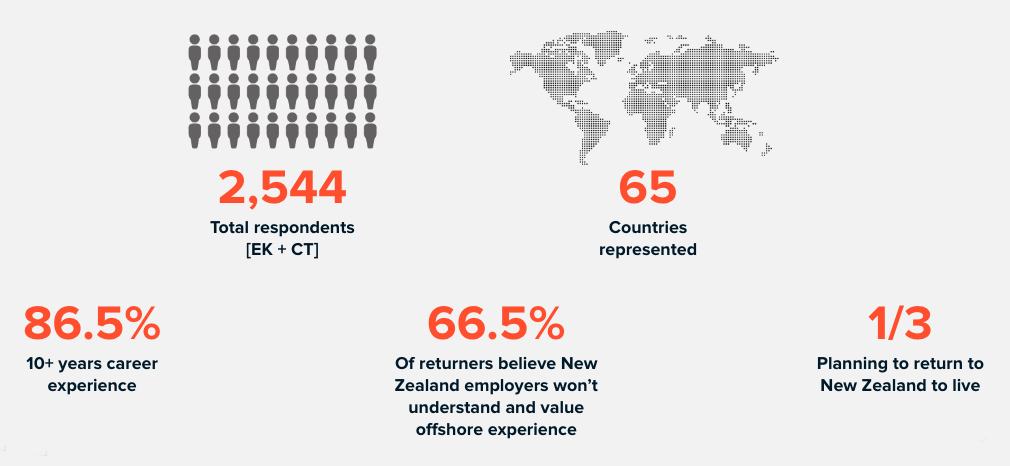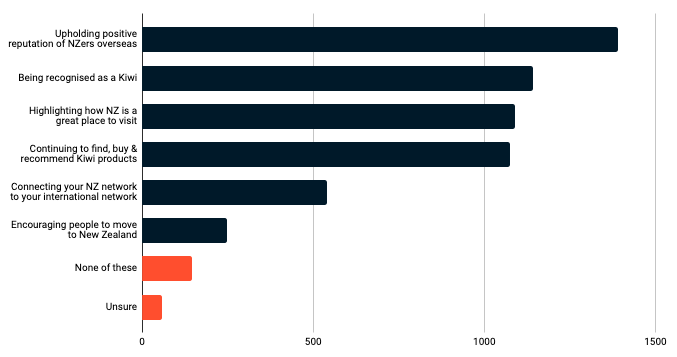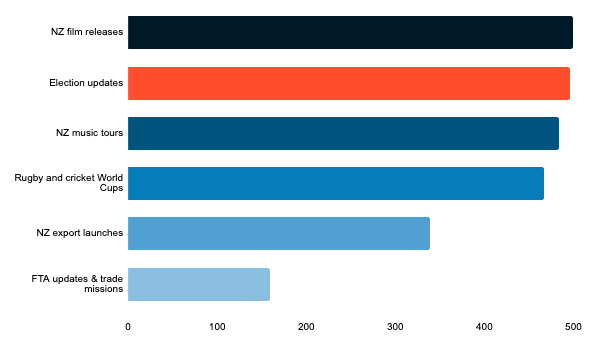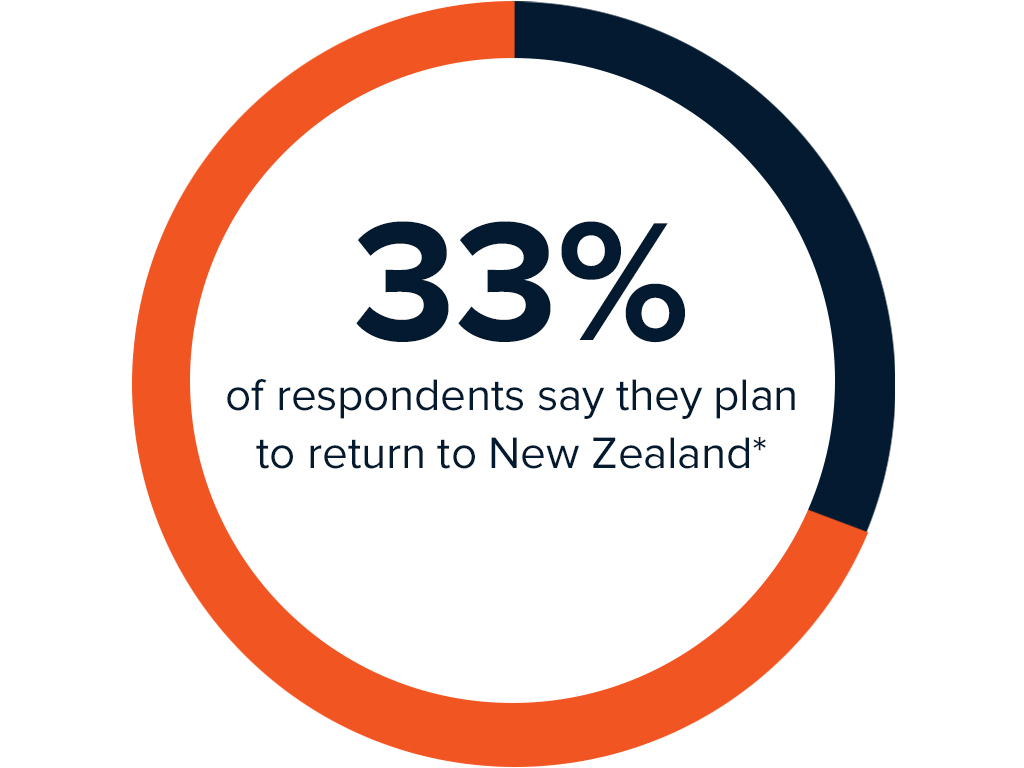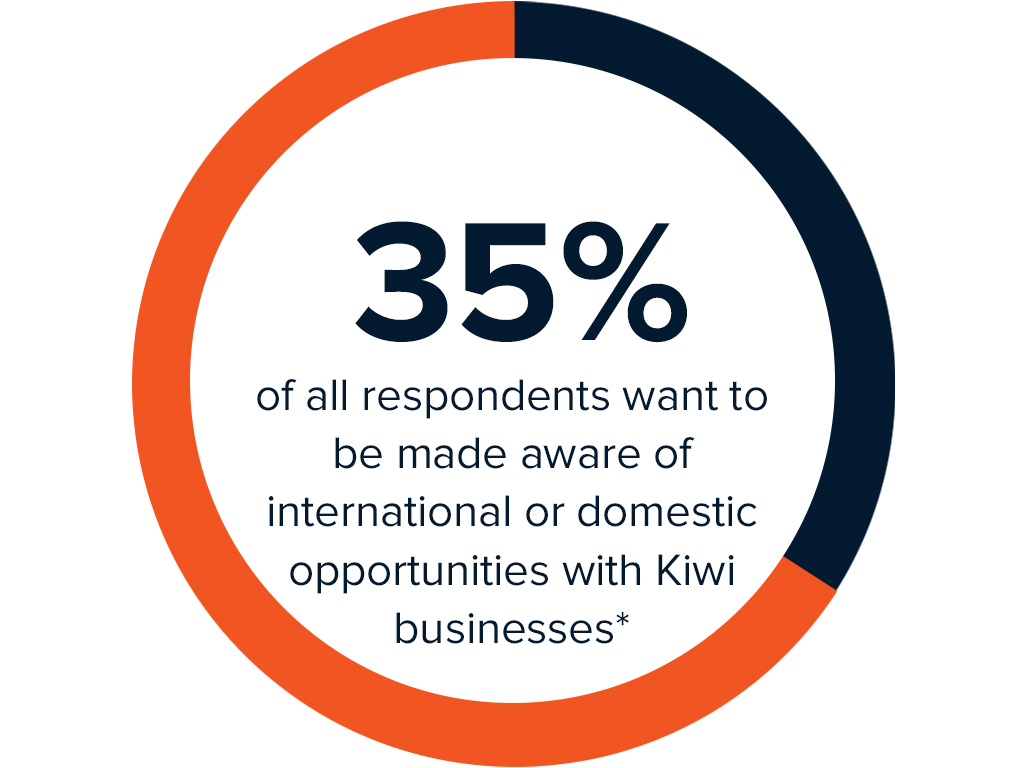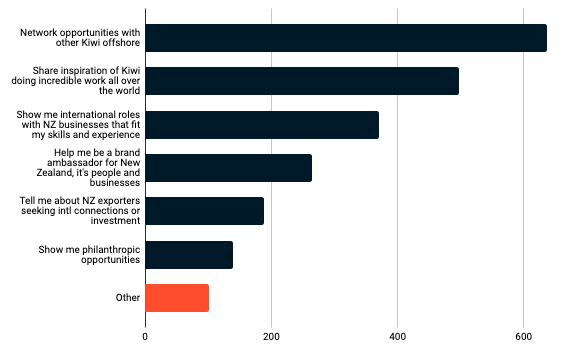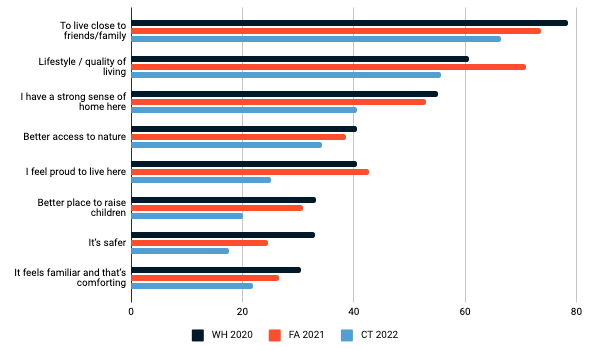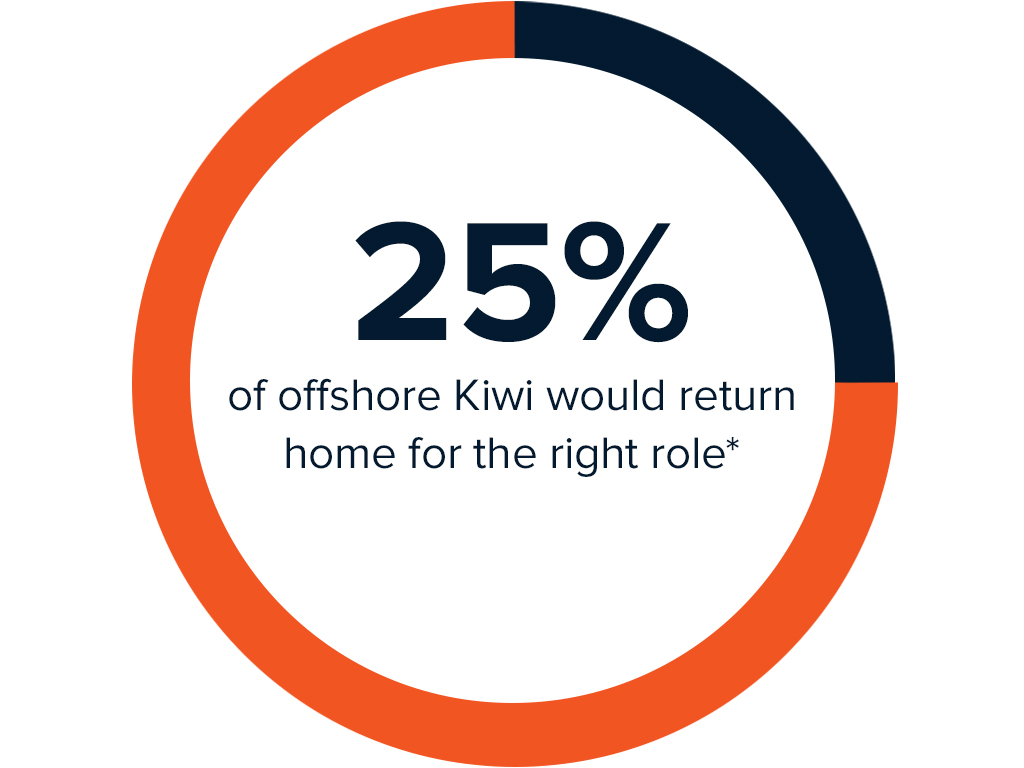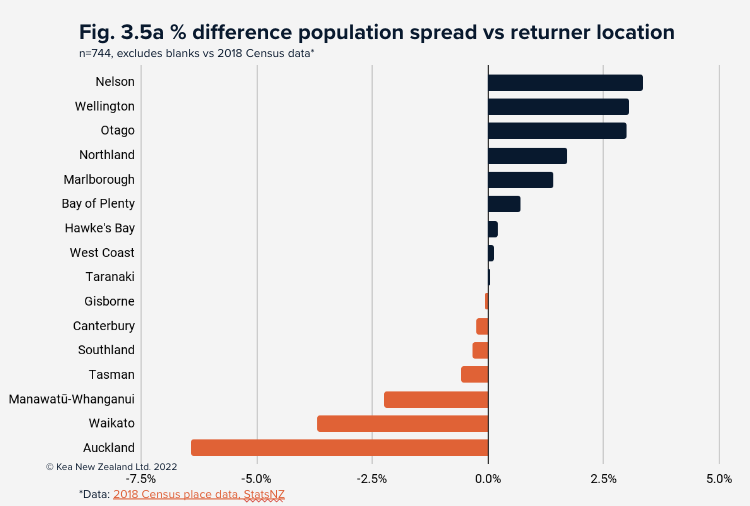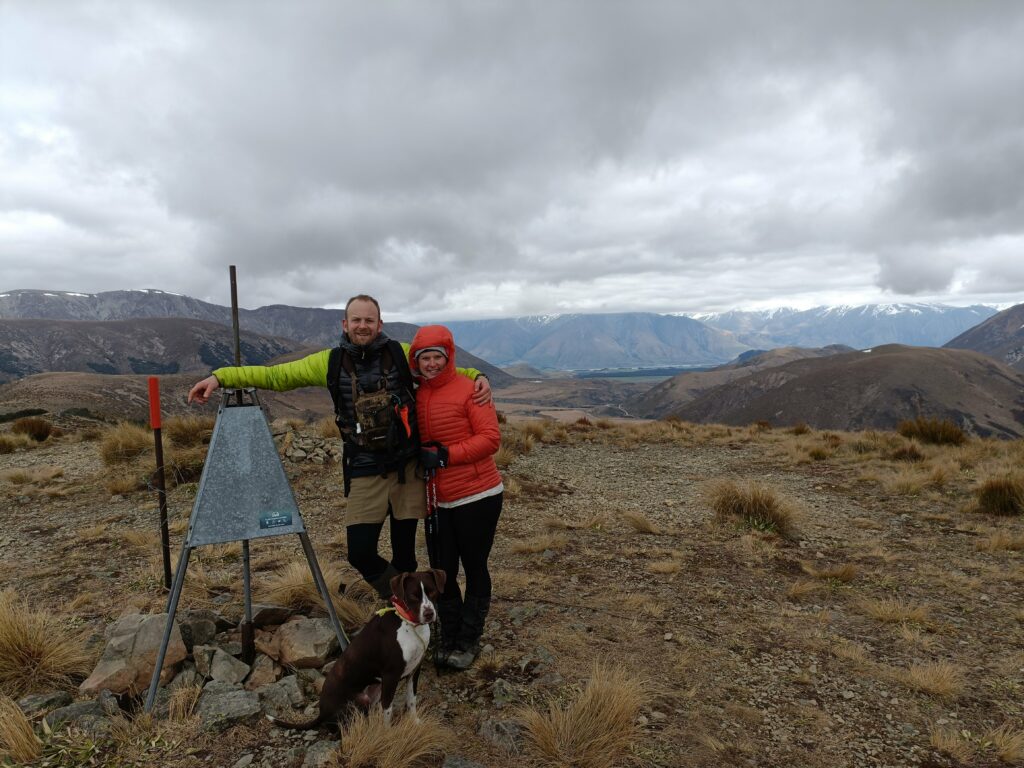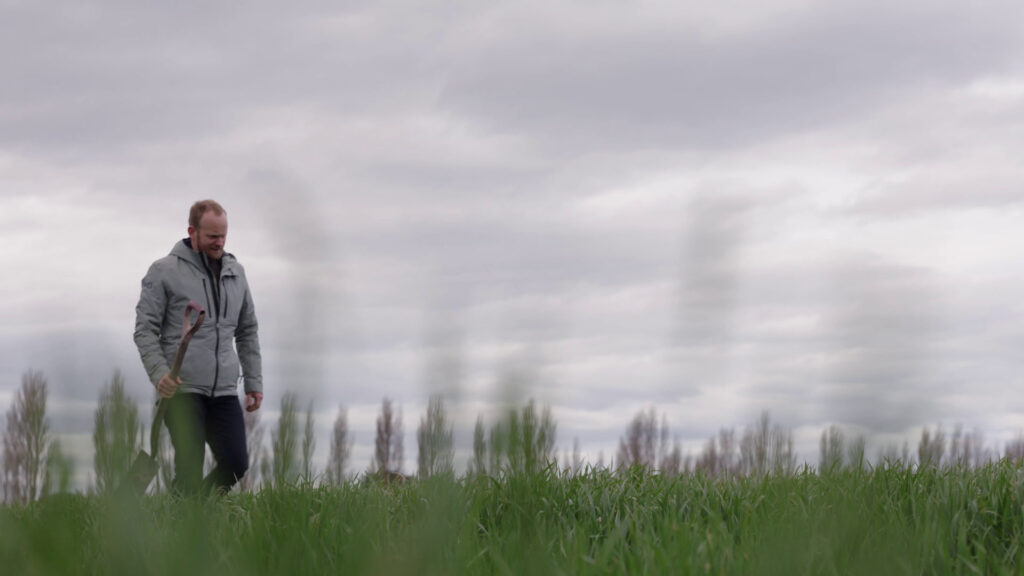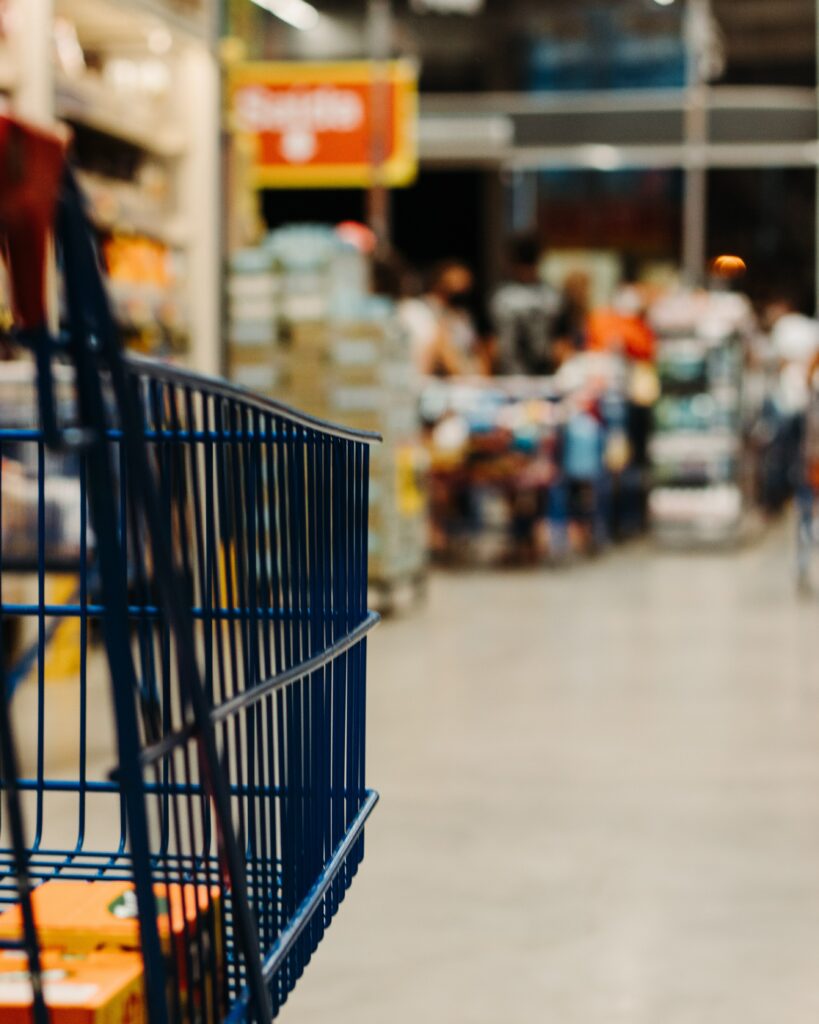Matt and Hope first started OtherNature as a side hustle while they were living and working in London. The couple had long been fans of mushroom supplements as a way to support their own health and wellbeing, and Matt says they wanted to not only build a brand that took a science-based approach to efficacy but also allowed them to move into an area of business that was much more purpose-led.
“We really wanted to create a brand that goes above and beyond just products. Sustainability is important to us and really links back to our products and the importance of fungi in the environment. Although just at the beginning of our journey, OtherNature already has a circular packaging model, partners with 1% For the Planet, and is working to become a carbon-neutral and B-Corp business.”
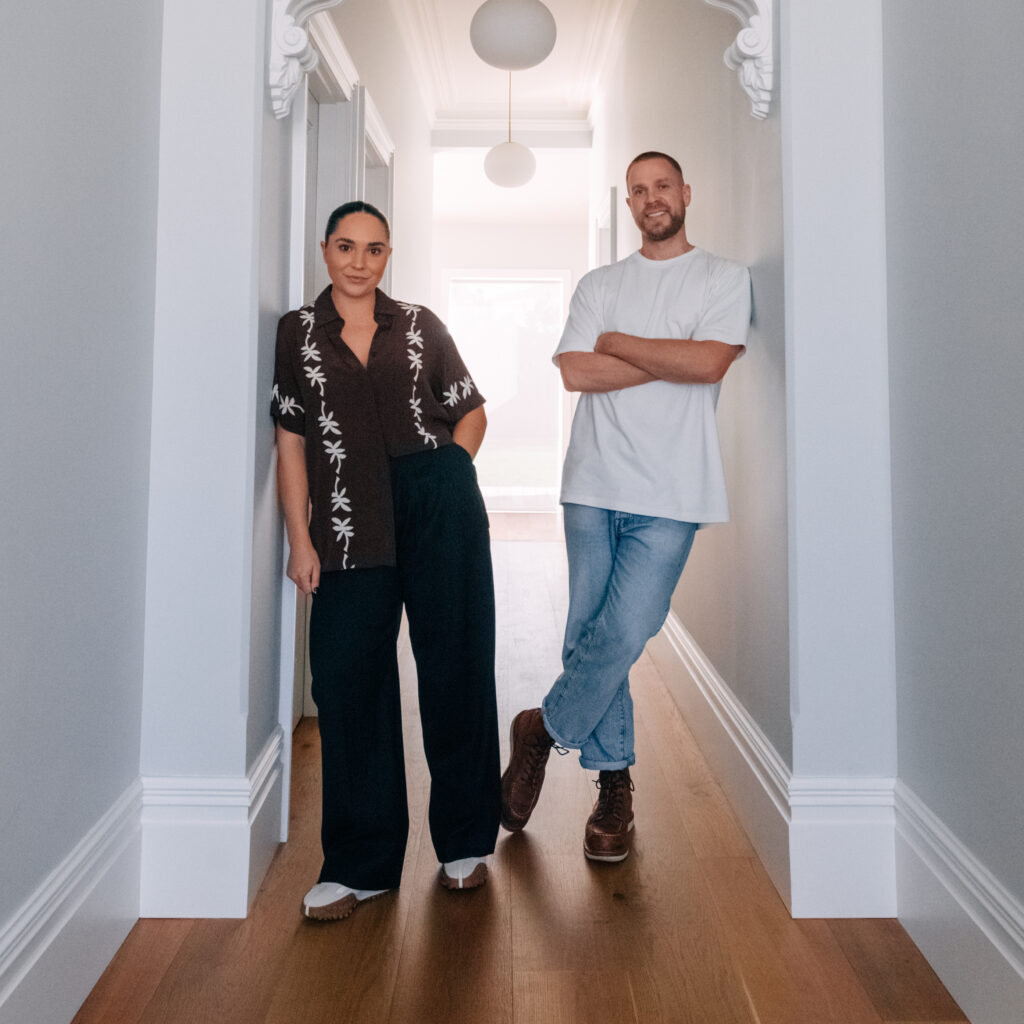
The sustainable focus of OtherNature was one of the key reasons the couple wanted to launch their brand in New Zealand. Matt is Canadian, but Hope is originally from Christchurch and so the couple began to look at the support offered to startups in the Canterbury area. Hope says New Zealand Trade and Enterprise were hugely valuable in connecting the couple with other people and when they arrived, they found the support provided by organisations like ChristchurchNZ incredible.
“We were lucky enough to be accepted into The Founder Catalyst Incubation Programme, run by the Ministry of Awesome, which is designed to support, nurture, and accelerate the growth of early-stage startups with global ambition and that was a huge boost for us. We were also paired with two incredible mentors at ThincLab out of the University of Canterbury, who worked with us on a fortnightly basis, which was also a huge benefit.”
Hope and Matt say there were some definite hurdles to overcome ahead of the initial launch of their business. OtherNature’s mushrooms are grown in China and imported to New Zealand where they are then blended with native New Zealand ingredients and finished into supplement form by a specialist lab based in Hamilton. When they arrived back in New Zealand, pandemic restrictions and supply chain issues were still very much a problem.
Despite the challenges, their business has started strong, in part Matt says because of the time they took with their team of industry experts to design their product and the increased focus on the benefits of mushrooms and natural supplements in general.
“Lately the science has really caught up and there’s been a renewed interest in all facets of medicinal mushrooms from psychedelic ranges to functional mushrooms. Mushrooms can be beneficial for all sorts of things from gut health to sleep to stress. The global medicinal mushroom market is worth $25 billion globally, and it’s growing at around 9% a year.”
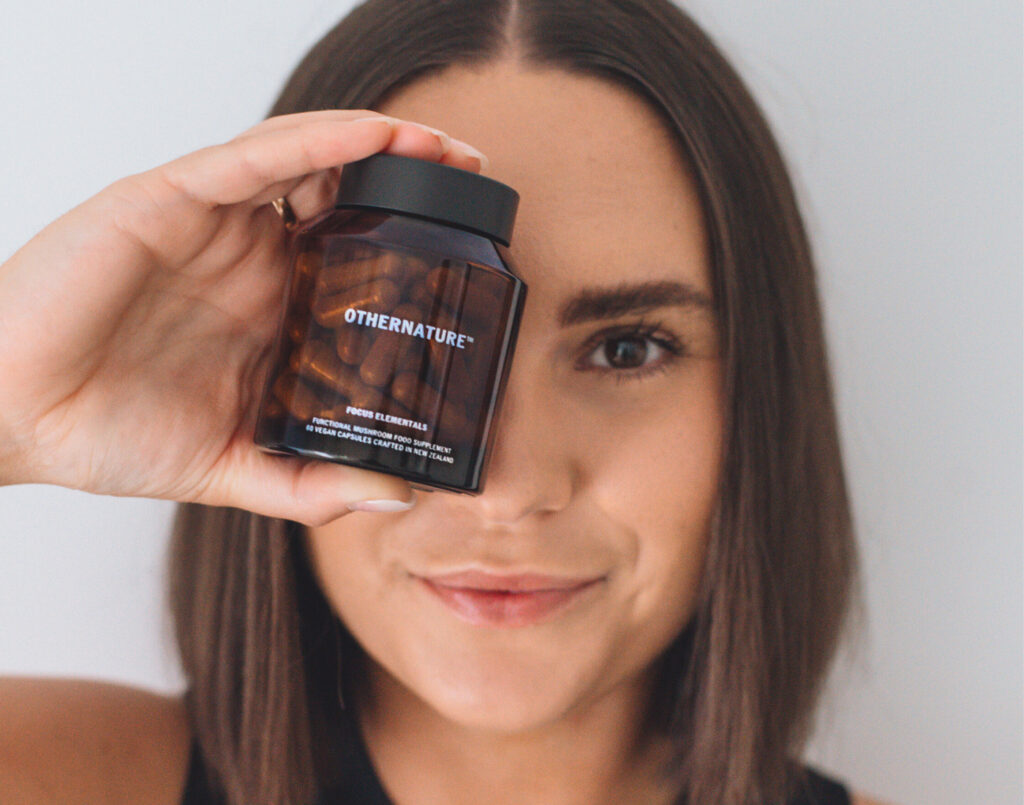
Hope and Matt launched OtherNature with one product designed for focus and cognitive health but have several others in the pipeline. The feedback on their business has been amazing and they are seeing a really strong sales growth and return rate from customers.
Outside of work, the couple both agree that living and working in Christchurch has given them the lifestyle balance they were lacking in London and while Hope is enjoying being closer to her friends and family, Matt is enjoying the outdoor options that Christchurch offers and says the city has offered the couple a lot more long-term options.
“Compared to London, the cost of living in Christchurch was a welcome change, it’s also a lot more affordable in terms of getting around. We were expecting the start-up scene to be a lot more of a grind, but we do notice that people work hard all day but tend to be gone from the workspace by 5-6 o’clock. There is a far healthier culture here in terms of building your business but also making sure you have time to step away from it.”
Hope says coming from London, the couple definitely had to adjust to life back home and that adjustment took some getting used to, but the support they have received has made the move more than worth it.
“When we first moved, we knew we were going to be in Christchurch for at least a year, but because we received so much support through various organisations and we had this amazing workspace with Founder Catalyst, it made the city a really great place for us to continue to be based. We would like to expand as the business grows and we are looking at setting up an office in Australia or the UK, but we always see the business as having a base in New Zealand. I really love the new scene in Christchurch, there are great restaurants and cafes, and the city is really vibrant – the only problem is that we are pouring everything into the business so we can’t enjoy the food and wine scene as much as I might like to.”

Matt says he wants other founders to know about the amazing support on offer in cities like Christchurch and would encourage anyone looking to launch a business to put the time and effort into making connections in their chosen area as it really pays off in the long run.
“I would tell others to have a list of people that you need to connect with, organisations like Kea, NZTE, the startup communities and the startup accelerator programs. These connections immediately insert you into the community you need to be in and it just makes everything so much easier. This is my number one thing, because if you’re going to make that jump to becoming a founder, you need the additional support and a group of like-minded people around you because entrepreneurship can be lonely. Both Hope and I came from big teams and big corporations and then all of a sudden it was just the two of us and that was a huge shock to the system that we hadn’t truly anticipated, and it was hard. But people here are so friendly and willing to chat, it’s not just a transactional conversation they really want to help.”

 MENU
MENU

